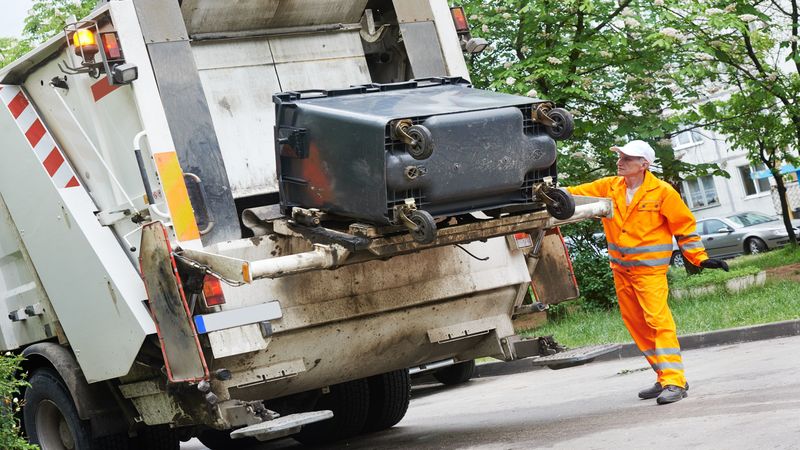There are many different factors that impact the quality of groundwater. They are similar to the issues that can impact the quality of surface water, but there are also some unique issues. The biggest problem with the remediation or treatment of groundwater is the cost of the process and the challenges in having the correct groundwater treatment equipment in place to manage the source of the contamination or the problem.
While some types of groundwater treatment equipment, including liquid phase granular activated carbon vessels, are a more universal option, there may be other factors to consider as well. Knowing what is required, given the specific issues with the water, is always the most critical consideration in selecting the best value and investment in equipment.
Contaminants Present
Different naturally occurring issues can be problematic for groundwater remediation. The presence of natural minerals and organic content in the water is common throughout the United States. Bacteria is another source of contamination, which can occur naturally or through exposure to waste or other types of materials.
Toxic substances from runoff around plants and processing facilities, cleaning solvents, the accumulations of pesticides or even the presence of metals in the water can all be issues that have to be addressed through the groundwater treatment equipment selected.
Durability, Operation, and Maintenance
The capacity for the equipment to treat the specific volume of groundwater is a given factor, but so is the durability and the operational requirements for the system. Some of the equipment tends to require consistent monitoring and maintenance, particularly in replacing filters and substrate type of materials.
Other equipment is designed to operate more efficiently without the same level of maintenance. This is an essential factor as the most durable and low-maintenance groundwater treatment systems are less costly to operate over time.


